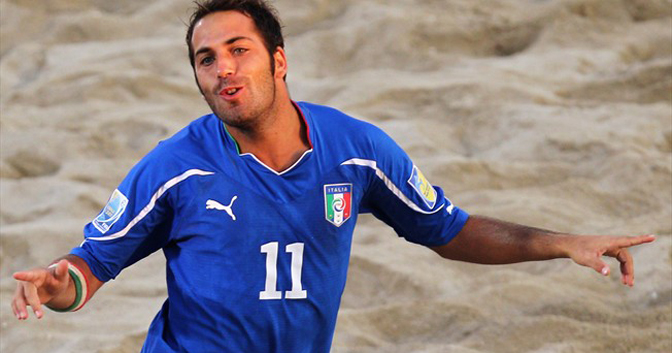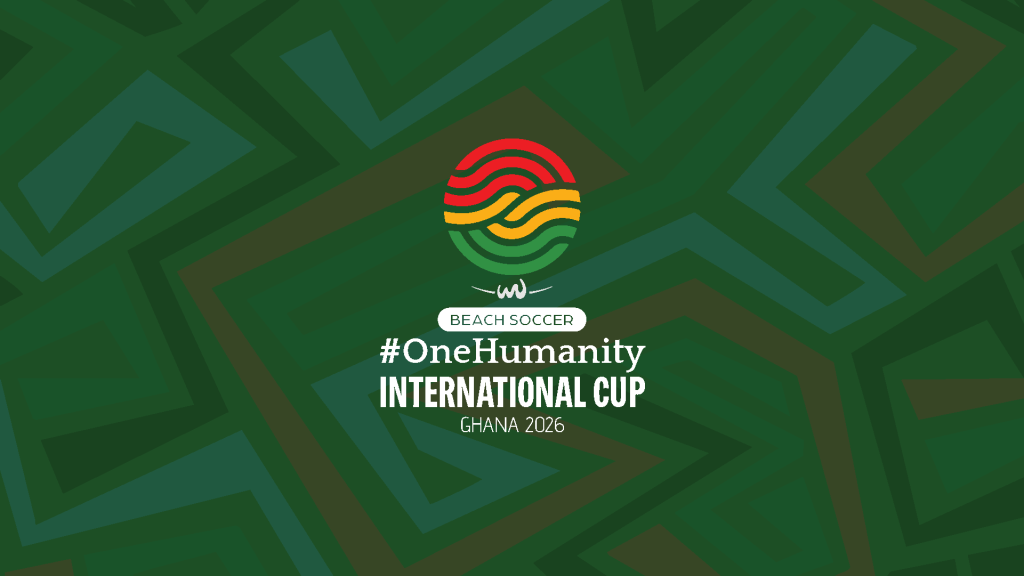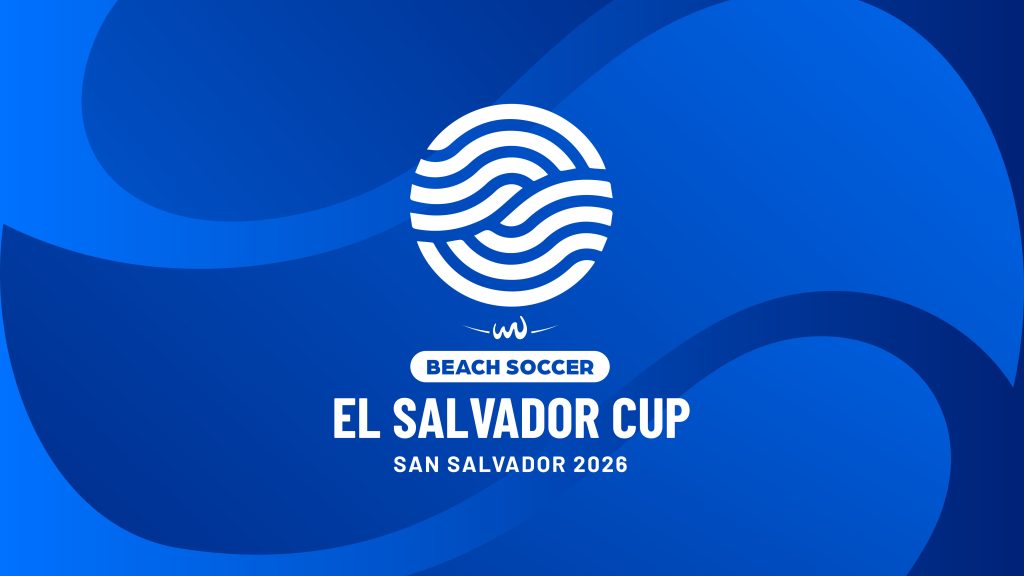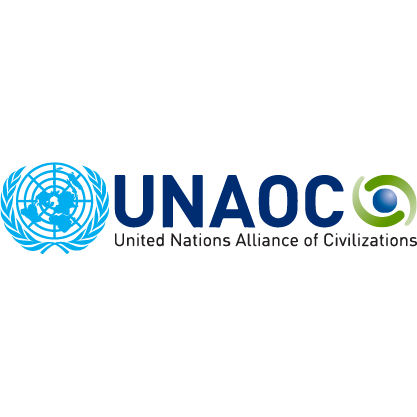Italy is a favourite to win this FIFA Beach Soccer World Cup but even their stars realize the Russian influence on the game
“How many World Cups have you played in?” one Italy player asks his team-mates. “Me? Just the one,” the first says. “None,” answers another, “Portugal will be my first time.”
It is a question that has been asked a lot at the Italians’ base camp in Portugal, all with the aim of poking fun at the venerable Paolo Palmacci, who will be appearing in his sixth FIFA Beach Soccer World Cup in Espinho.
Italy’s all-time leading scorer on the sand, the forward is far from the only old hand in the Squadra Azzurra squad, which features three other 31-year-olds. Having made his world finals debut way back at Rio de Janeiro 2006, however, he has witnessed at first hand the transformation Italian beach soccer has undergone since then.
“I remember our first game in 2006, against Bahrain, very clearly,” he told FIFA.com. “If I think about what our team was like then and what it is now, the fact is it’s changed an awful lot.”
“To be honest though, it’s not just our team that’s changed but the whole sport. Before, if you had skill you stood out more, but these days if you’re not 100 per cent physically fit, then you can’t compete.”
“I realised things had changed about five years ago, and I think it’s all down to the success that Russia have had. They’ve forced everyone to change.”
Esposito, Palmacci upbeat
In Italy’s case, that change has been accompanied by structural developments. In the last few years, the Italian Football Association has devoted more of its energies to the national beach soccer set-up, while the country’s beach soccer league has become more professional and has seen standards rise.
One man to benefit from the results of that development is Italy coach Massimiliano Esposito, who was himself a member of the squads at Dubai 2009 and Marseille 2008, where the Italians finished runners-up after losing to Brazil in the final.
“The fact that the league is growing and is organised is important for me as a coach,” he said. “It means I’ve got somewhere I can go to get new players for the national team.”
The Italy side that Esposito will be sending out at Portugal 2015 looks to have the ability to repeat their 2008 run, albeit by different means, as Esposito explained: “This team is very different to that one. We had some very talented players then, but they all tended to do their own thing.
“With this team though, everyone helps each other out and plays for one another. We’ve got identity and we’ve got some set moves up our sleeve. We’re more competitive.”
An eyewitness to that change, Palmacci is excited by what he sees in the current Italy line-up: “We were a surprise package in 2008, but not anymore. We know what we’re capable of, especially after winning silver at the European Games in Baku.”
En route to that second place in Azerbaijan, the Italians defeated reigning two-time world champions Russia in the group phase before losing to them 3-2 in a keenly contested final.
“I’ve played in quite a few Italy teams and I can tell you that this team is strong – very strong,” added Palmacci, who has good reason to believe that his sixth appearance in the world finals might just be a golden one.
(Source: FIFA.com)







































